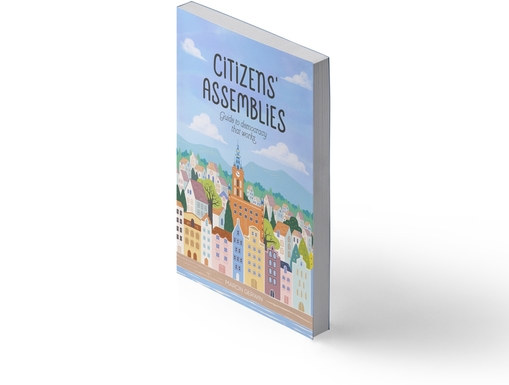Citizens' Assemblies Discover democracy that works
What is a citizens’ assembly?
A citizens’ assembly is a group of citizens that is selected at random in such a way that the composition of this group reflects selected demographic or social features of the whole society. In other words, it constitutes a city or a country in miniature. A role of a citizens’ assembly is an in-depth analysis of a given issue, a deliberation over different solutions, hearing of the pros and cons, and then, making informed decisions.
Citizens’ assemblies are the foundational element of new democratic systems. They can be employed to create laws and make other legally binding decisions. They may be used to elect key figures in the management of the country, such as ministers or judges. Publications written by Marcin Gerwin show how it can work.
Latest publication:
• Designing the Process of Random Selection of Citizens’ Assemblies
